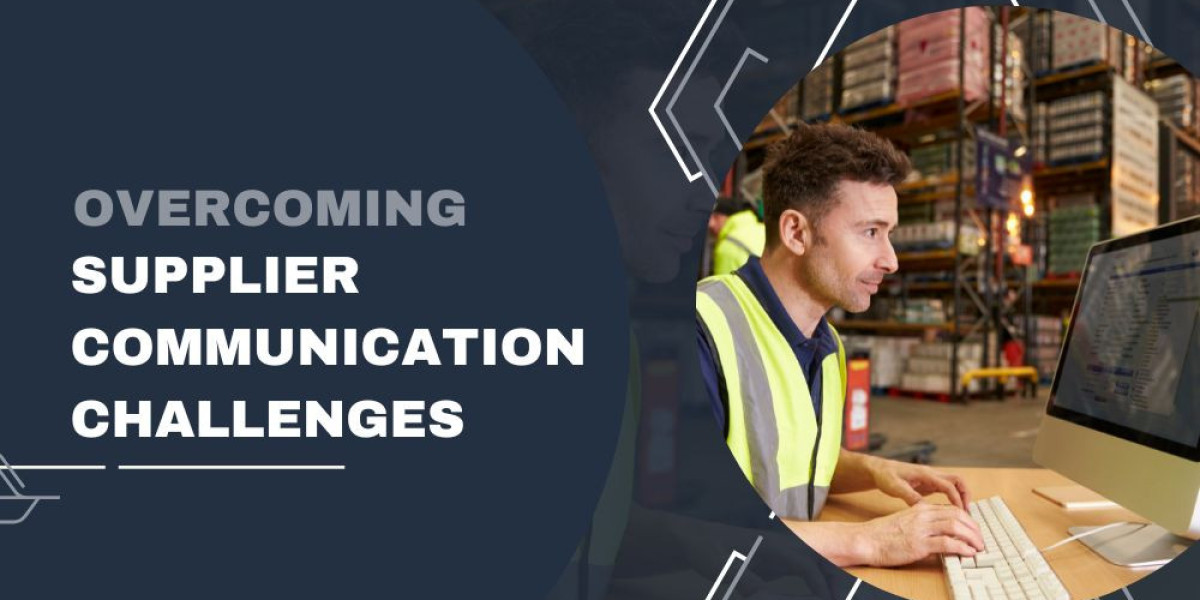In the realm of B2B international trade, clear and effective communication with suppliers is paramount for contract manufacturers. However, language barriers often pose significant challenges in establishing seamless supplier communication. Misunderstandings and communication gaps can hinder operational efficiency, leading to delays and potential supply chain disruptions.
In this blog, we will explore the language challenges faced by contract manufacturers in supplier communication and delve into the importance of developing a robust Supplier Qualification System and Supplier Communication Strategy to overcome these obstacles successfully.
Language Challenges in Supplier Communication
Contract manufacturers may encounter linguistic differences when dealing with suppliers from diverse cultural backgrounds and regions.
- Misinterpretations and miscommunications due to language disparities can impact collaboration and decision-making.
- The technical nature of manufacturing processes can introduce industry-specific jargon and terminology that may be challenging for non-native speakers to comprehend.
- Ambiguity in technical discussions can lead to errors in specifications and instructions.
- Written communication, such as emails and documentation, may suffer from language barriers, resulting in unclear instructions or terms.
- Critical information may be lost or misinterpreted in written exchanges, affecting the accuracy of supplier deliverables.
- Global supplier networks often operate in different time zones, making real-time communication difficult for contract manufacturers.
- Delayed responses and coordination issues may occur due to time zone disparities.
Effective Supplier Communication Strategy
An effective supplier communication strategy is a cornerstone for successful B2B contract manufacturers in the dynamic world of international trade. Clear and efficient communication with suppliers is essential to foster strong partnerships It ensures accurate understanding of requirements, and streamlines supply chain operations. A well-crafted communication strategy empowers contract manufacturers to overcome language barriers, navigate time zone differences, and address cultural nuances, ultimately enhancing collaboration and minimizing the risk of misunderstandings.
Multilingual Support:
In the global landscape of B2B international trade, multilingual support plays a pivotal role in facilitating effective communication between contract manufacturers and suppliers from diverse linguistic backgrounds. In this section, we will delve into the importance of incorporating multilingual support in the supplier communication strategy, exploring how language services and interpreters can bridge communication gaps and foster clear comprehension between parties.
- Invest in multilingual support through translators or interpreters to facilitate clear and accurate communication with international suppliers.
- Utilize language services during negotiations, contracts, and crucial discussions to ensure all parties comprehend the information shared.
Simplified Language
Amidst the technical intricacies of manufacturing processes, the use of simplified language proves indispensable in ensuring smooth and unambiguous supplier communication. Jargon and industry-specific terminology can create barriers, particularly when dealing with non-native speakers.
This section highlights the significance of employing plain and straightforward language to articulate requirements, specifications, and instructions. By avoiding complex jargon and offering clear explanations, contract manufacturers can enhance supplier understanding and reduce the risk of misinterpretation.
- Use plain and straightforward language when communicating technical information to suppliers.
- Avoid excessive use of jargon and acronyms, providing clear explanations to minimize confusion.
Visual Communication
In a world where language barriers persist, visual communication emerges as a powerful tool to convey information comprehensively. The integration of visual aids, such as diagrams, charts, and illustrations, supplements written or verbal communication and transcends linguistic constraints.
- Incorporate visual aids, such as diagrams and illustrations, to supplement written communication and enhance understanding.
- Visual representations can transcend language barriers and aid in conveying complex concepts effectively.
Real-time Communication Tools
In an interconnected global business landscape, real-time communication tools are essential components of an effective supplier communication strategy. Contract manufacturers often engage with suppliers operating in different time zones, which can lead to delays and coordination challenges.
- Embrace real-time communication tools like video conferencing and instant messaging to bridge time zone gaps and facilitate immediate exchanges.
- These tools enable instant clarification and faster decision-making.
The Role of a Digital Supplier Qualification System
A Digital Supplier Qualification System plays a vital role in overcoming language challenges in supplier communication for contract manufacturers
- A Supplier Qualification System offers a centralized platform for communication, enabling contract manufacturers to engage with suppliers efficiently.
- All conversations and exchanges can be recorded and referenced for clarity and accuracy.
- A robust Supplier Qualification System can support multilingual documentation and provide translation capabilities to ensure that critical information is accessible to all parties.
- Real-time updates and notifications in a Supplier Qualification System keep all stakeholders informed of any changes or developments, regardless of their location or time zone.
The Bottom Line
Language challenges in supplier communication can significantly impact the effectiveness of B2B contract manufacturers' operations. By implementing a well-rounded Supplier Communication Strategy and adopting a Digital Supplier Qualification System, manufacturers can overcome language barriers, foster clear and efficient communication, and strengthen relationships with global suppliers. Effective supplier communication enhances collaboration, reduces errors, and ultimately contributes to a seamless supply chain for contract manufacturers.



